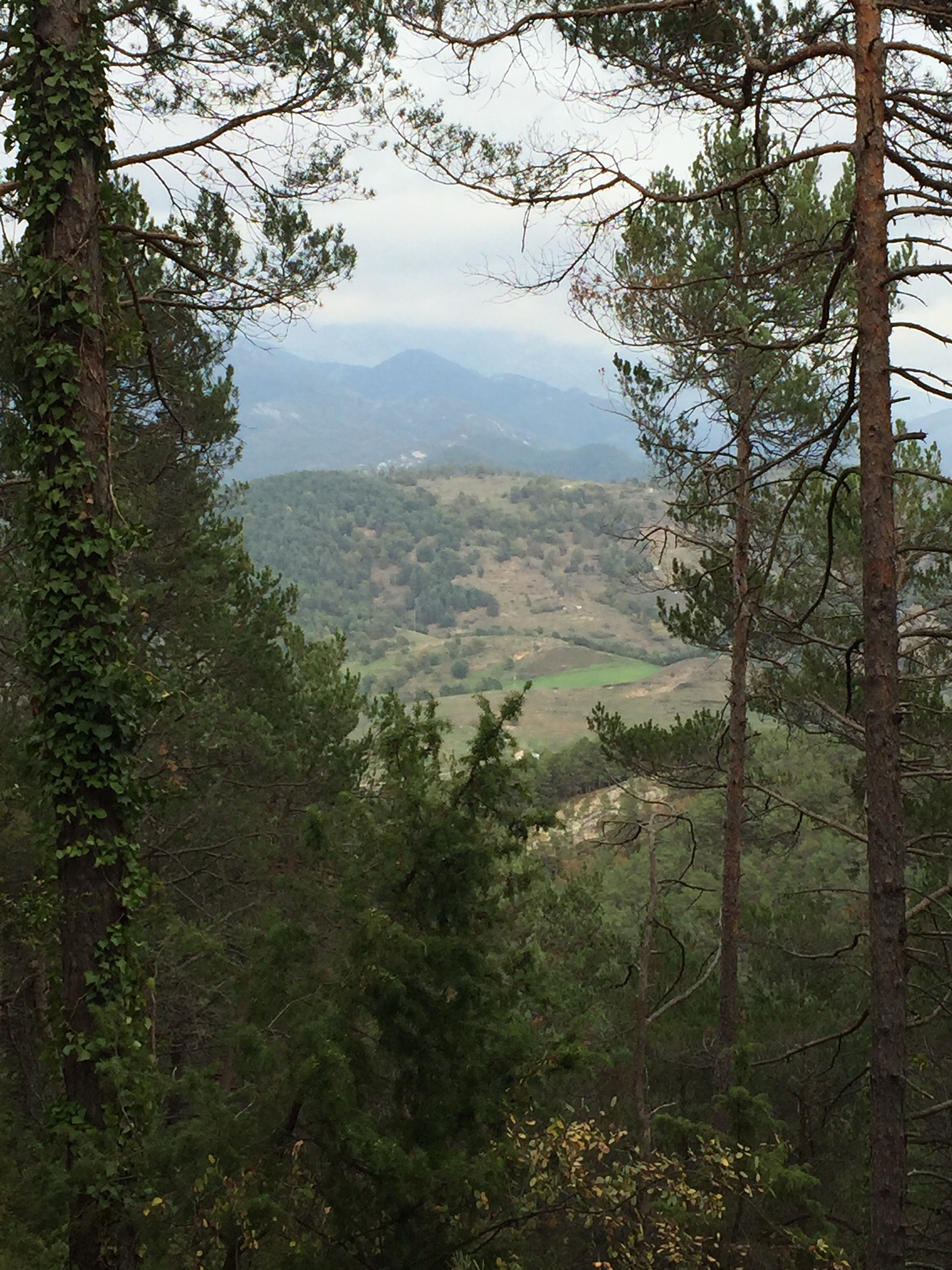Picking up on my previous blog post where I wrote about my travels in Spain and the elephant proverb relative to misunderstandings about parts and wholes, this post will explore the political and emotional factors interwoven into the Catalan secession movement.
Despite the fact that we all know politics are personal, it seems to me that the world stage often disguises that fact. Economic and geo-political discussions often dominate discourse, and underlying personal concerns become obscured if they are recognized at all. Although taxes and the economic crisis in Spain seem to overshadow most reports when explaining the rationale for the Catalan secession movement, deeper questioning led me to more understanding. It’s true that the economic crisis in Spain has magnified calls within Barcelona for Catalan independence, but it’s also true that there has been a simmering unhappiness amongst the Catalan people since 1938 when General Francisco Franco set out to destroy Catalan separatism. Franco took control of the region, killing 3,500 people and forcing many more into exile. Eighty years later we are seeing the repercussions of his actions played out by the grandchildren of the marginalized who are now demanding their histories be recognized.
I was on of a mission to educate myself about Spain’s history and divisions. But it wasn’t until we left Barcelona to do some hiking in the Catalan region of the Pyrenees that I finally began to gain some understanding. Notwithstanding a difference of opinions in Barcelona, we witnessed a peaceful co-existence between people and the viewpoints they expressed. However, when we arrived in the small mountain hiking towns, Catalan secession was the strong and singular viewpoint. We were made aware of the allegiance in small ways and big- by the flags that were flying (Catalan only) and by restaurant menus – Catalan and English, not Spanish. The best perspective I gained was through a conversation I had with our waitress during dinner – it was a slow night so she could give me a fuller assessment. She told me that much more than the EU or any financial repercussions, it came down to discussions had between grandparents and their grandchildren. It was emotion and not logic that was really driving the movement, their history with Franco, and allegiance to their Catalan ancestry. I learned from her that their region had been granted a degree of autonomy in 1977, when democracy returned to the country, and since then calls for complete independence had grown steadily. But it wasn’t until July 2010 that emotions began to boil over, when the Constitutional Court in Madrid overruled part of the 2006 autonomy statute, stating that there is no legal basis for recognizing Catalonia as a nation within Spain. For the Catalan people that act brought into high relief the dictatorial genesis of Franco’s forced marriage of cultures, and it fortified their resistance to being overtaken by the majority Spanish culture.
The current uprising is the personal disguised as political – the result of intergenerational loyalties between grandchildren and grandparents. Whether on the world stage or in the privacy of one’s home, addressing the emotional complexities of power and dominance is a necessary first step in resolving differences and finding peace.


